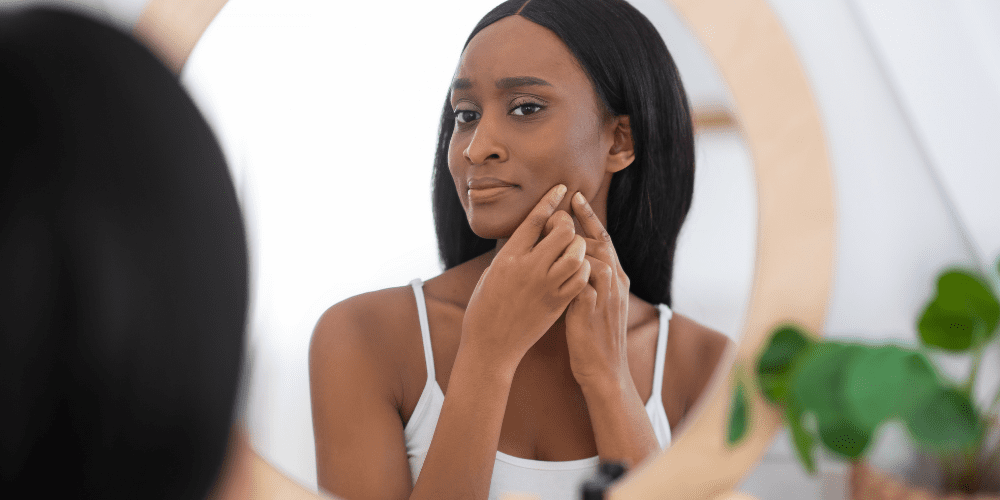
Acne is a common skin disease that plagues many people across the world. It can be uncomfortable, cause scarring, and have lasting side effects on one’s appearance. Zits occur when pores become clogged with dead skin cells, sebum (oil), sweat, dirt, or makeup. There are many different types of acne solutions available to treat acne. Some acne treatments are natural, while others are artificial medications, each having its own set of pros and cons depending upon its effectiveness in treating different types of acne.
Benzoyl Peroxide for Acne
Benzoyl peroxide is a common topical treatment for mild-to-moderate acne in all age groups. Benzoyl peroxide kills cells on the skin’s surface that can block pores, preventing pimples from forming. It also reduces inflammation caused by acne and has antibacterial properties which prevent secondary infections. It may cause dryness or peel in some people, but this usually improves within a few weeks as your skin adjusts to it.
Salicylic Acid for Exfoliation
This common over-the-counter topical treatment penetrates pores and helps break down blackheads, whiteheads, and other types of acne lesions that form under the surface of your skin. In high concentrations, salicylic acid treats severe forms of acne resistant to antibiotics or other treatments. It can contribute to mild irritation in some people, especially after prolonged use, but this usually improves when you stop using it.
Retinoids for Acne
Retinoids are medications related to vitamin A that help unclog pores, so pimples don’t form. You can use them on your own to treat mild acne or in combination with other topical treatments like benzoyl peroxide or adapalene. Oral retinoids work for moderate-to-severe acne that is unresponsive to topical treatments. When you look at Ubacare.com, you will realize that you can also get a topical retinoid, the same medication as an oral retinoid. However, topical retinoids are applied directly onto the skin instead of taken orally. It comes as a cream, gel, or liquid, so it’s more convenient to use than oral retinoids. However, topical retinoids are often less effective at treating very severe acne and, when used with benzoyl peroxide, can cause skin irritation in some patients.
Antibiotics to Kill Acne Bacteria
Antibiotics are medications used to kill bacteria associated with acne outbreaks, including Propionibacterium acnes (P. acnes) and Staphylococcus epidermis (S. epidermidis). They can also reduce inflammation which leads to pimples forming in your skin when applied topically or orally, although antibiotics don’t work for everyone. Some antibiotics can cause side effects like redness and peeling of the skin, diarrhea, and nausea, so consult your doctor if you experience any side effects when taking them.
Azelaic Acid to Reduce Inflammation
This topical treatment is often prescribed to treat mild-to-moderate rosacea with papules and pustules on the face, particularly around the nose and chin. It penetrates deep into pores, killing acne bacteria associated with rosacea while also reducing inflammation in your skin, which prevents pimples from forming or reducing their size.
Everyone’s Skin is Different
The treatment for acne varies depending on the kind of acne you have, how severe it is, and what your skin type is like. The one thing people with acne have in common is that they want clear, healthy-looking skin. There are many over-the-counter products you can buy for treating acne, including CBD skincare, but there is no one-size-fits-all. Over time, however, you will get to know your skin and what works and doesn’t work for it.
Pin This Post
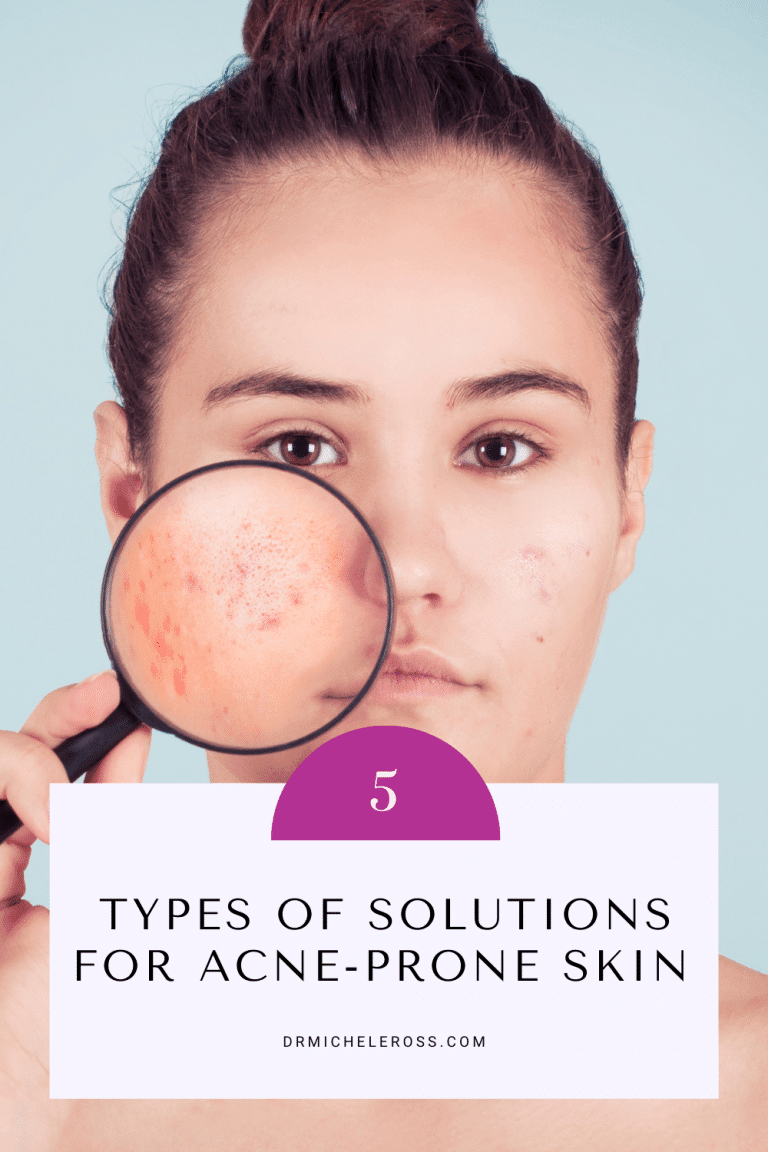
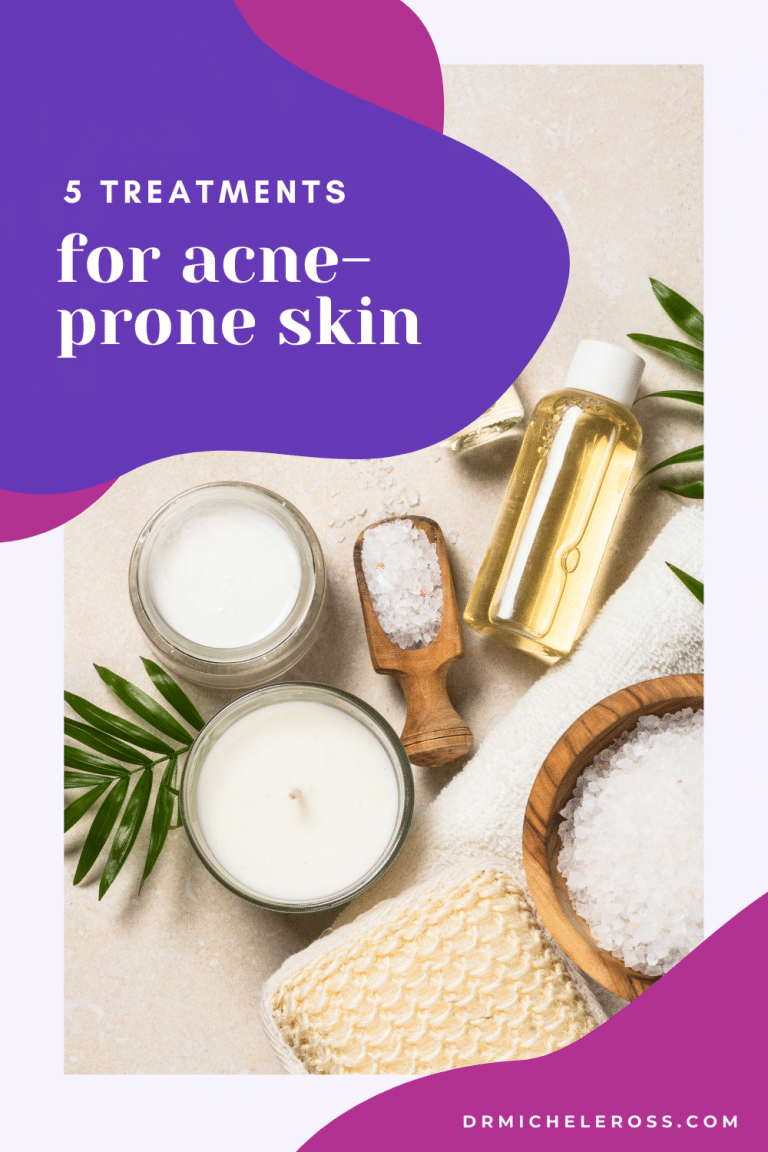

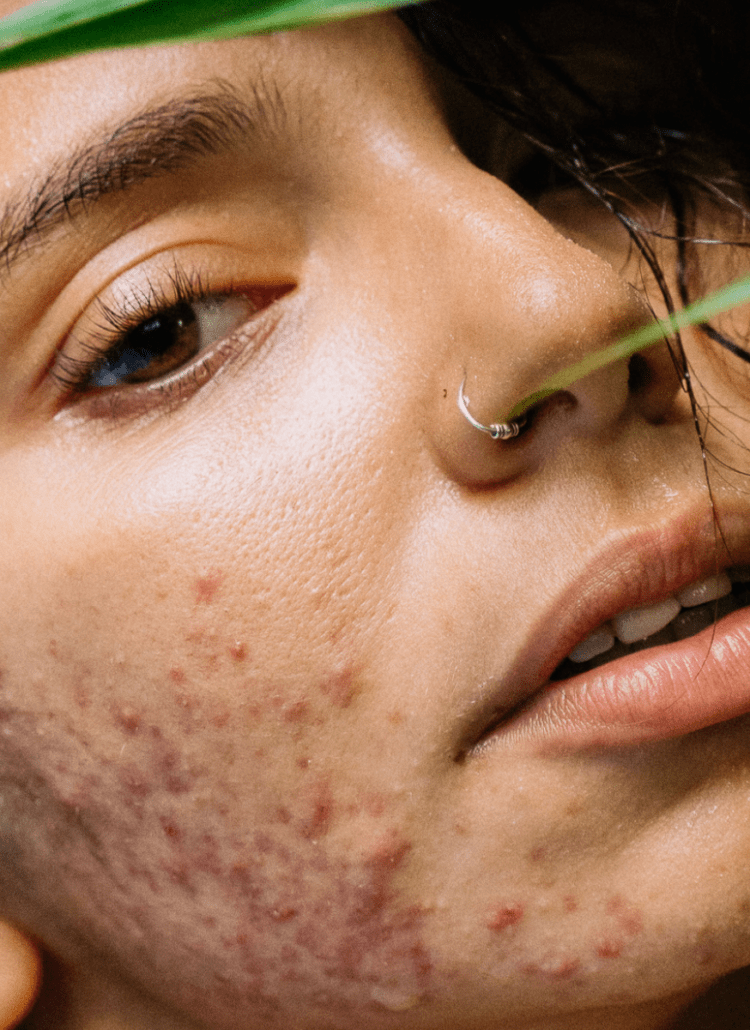
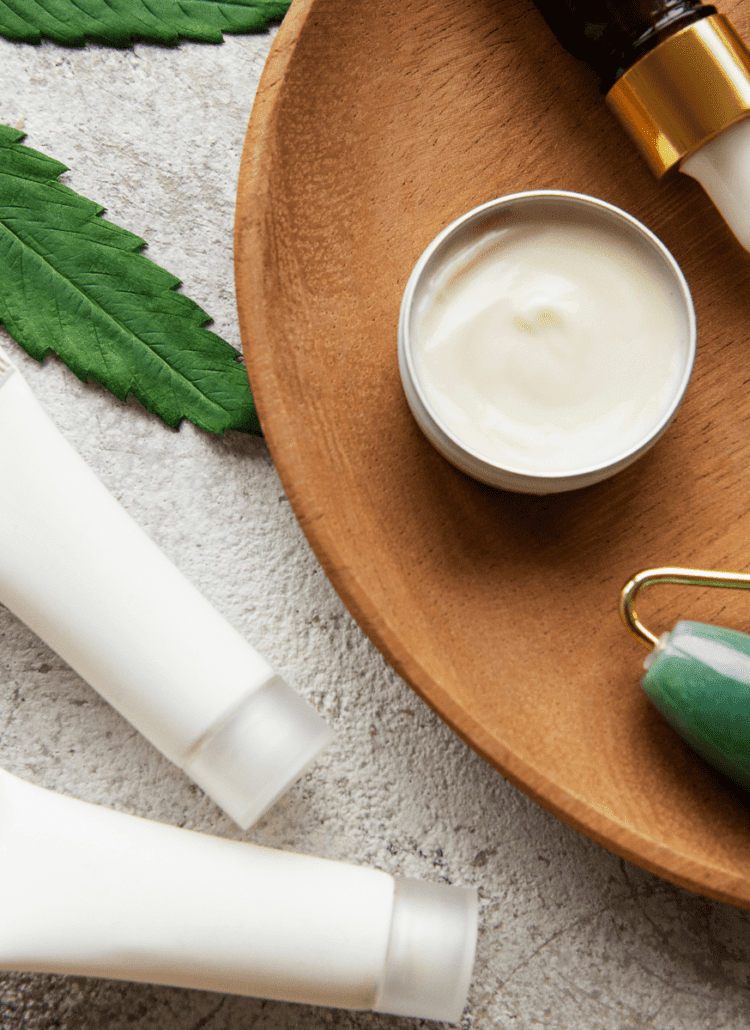
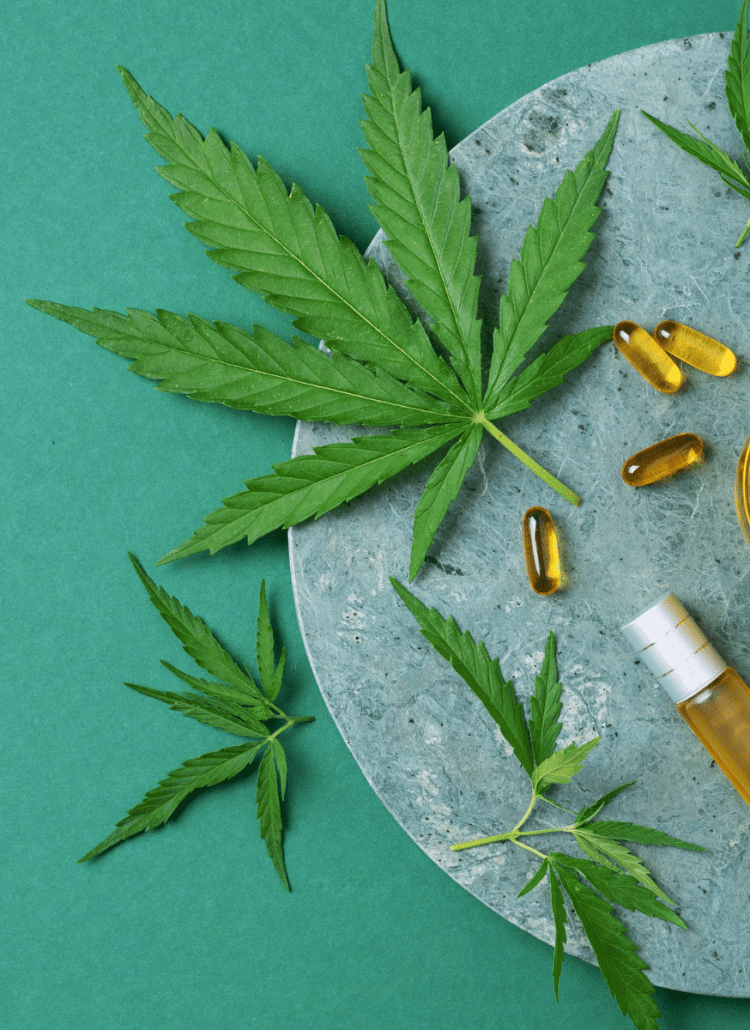
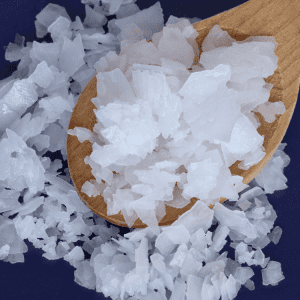
Leave a Reply